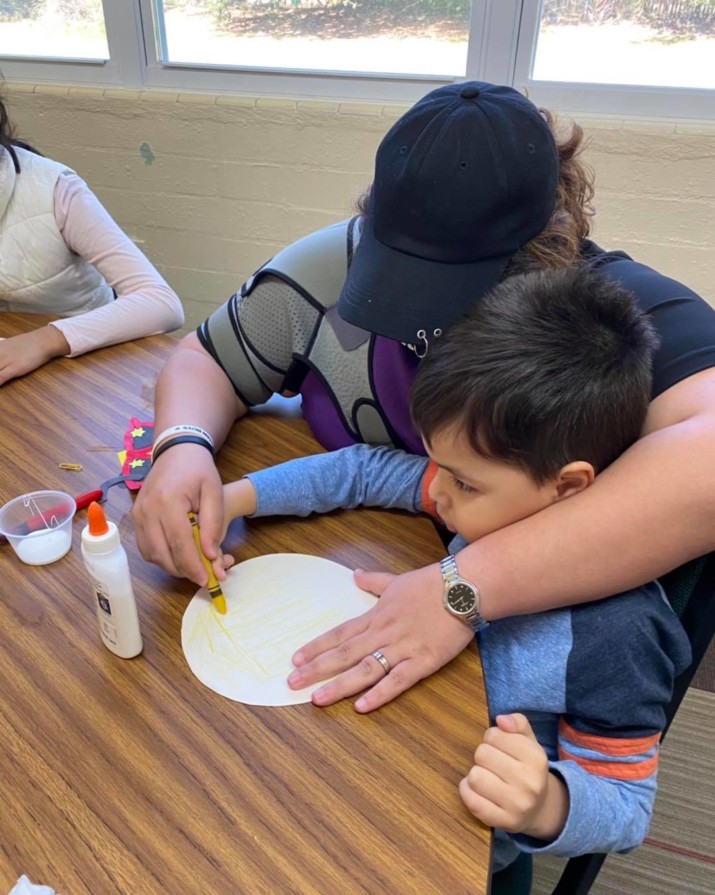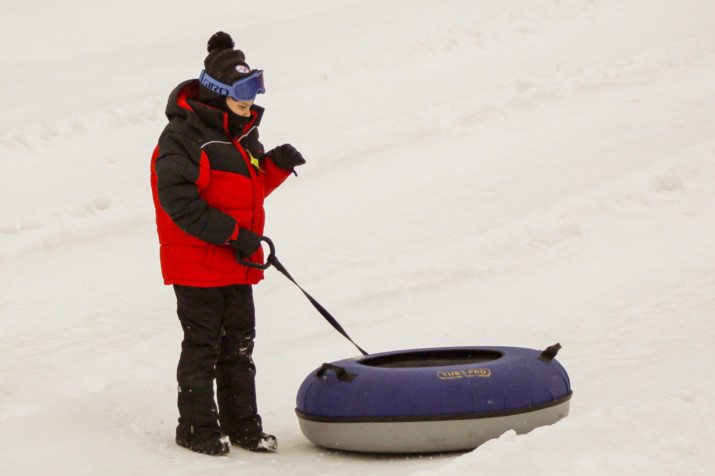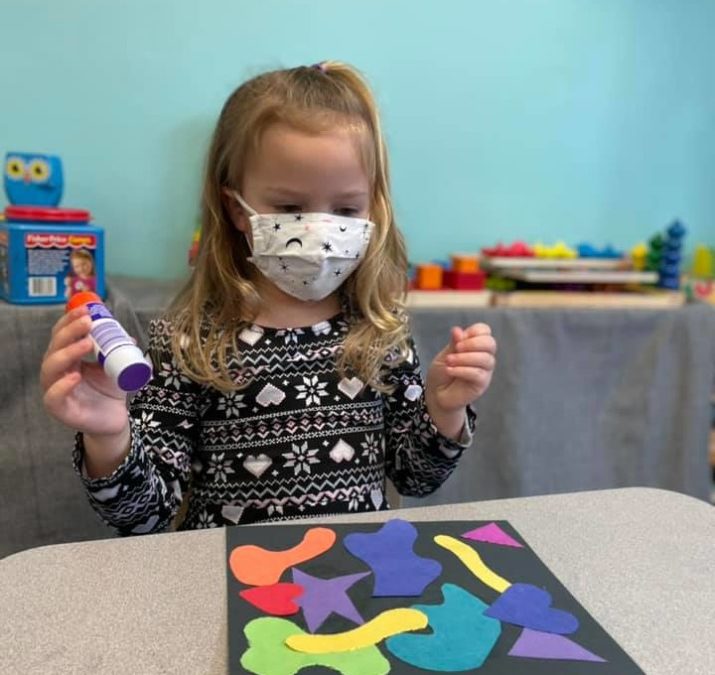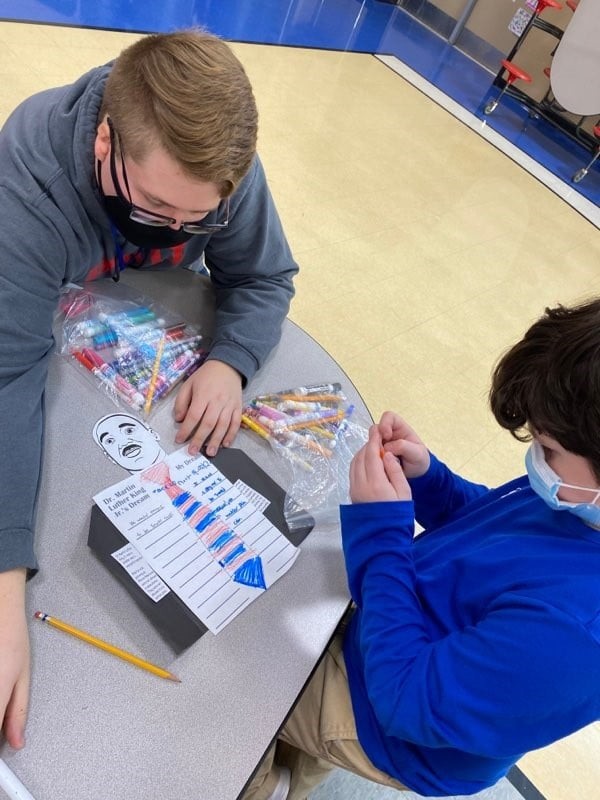Portland, OR. The Autism Society of Oregon is helping families face pandemic challenges like upheaval in schedules, isolation, and lack of structure. The nonprofit is offering information on Covid-19 resources online:
Support is important, according to University of Michigan researchers. For children with an autism spectrum disorder, who thrive on routines and predictability, the everyday disruptions and uncertainty from the pandemic may be especially stressful. “Families who have a child with autism are facing extraordinary challenges,” says Sarah Mohiuddin, M.D., a child and adolescent psychiatrist at Michigan Medicine C.S. Mott Children’s Hospital. “People with autism feel more comfortable with routines, which can make any change a stressful event.”Here are some strategies:
1. Talk about COVID – but turn off the news
Even if a child hasn’t asked about it or is unable to, they likely have questions about coronavirus and have probably heard conversations around them. Mohiuddin recommends using social stories to explain COVID-19. This can be done using your own drawings or through videos and graphics available online through resources like Autism Speaks.

Parents should provide opportunities for asking questions and use visual supports to help explain the situation and to reinforce key messages like proper handwashing techniques, at the child’s developmental level.
2. Re-create structure – and use visuals
Children with ASD seek familiarity so she recommends creating a daily schedule that loosely mirrors their regular school day with built-in breaks for snacks, lunch, and physical activity. But instead of making a new schedule on your own, work with children to create it. For example, ask them “do you want to have outside time before or after lunch?” or “do you want to play with Legos or playdough for creative time?”

Autism is the fastest-growing developmental disability in Oregon – and the world. If you haven’t already, you will meet someone with autism.
3. Seek social outlets
Children with ASD may have difficulties with social communication and interaction. But that doesn’t mean they’re not troubled by the loss of social outlets like school and activities. Face-to-face interactions also provide them with opportunities to practice and develop social skills. “A lot of children with autism enjoy and seek out social interactions,” Mohiuddin says. Mohiuddin encourages parents to look for ways to virtually connect children and teens with relatives, classmates, and friends through virtual platforms.
4. Make screen time intentional
Experts recognize that typical screen time rules may have relaxed a bit at a time when many kids rely on devices for remote learning. But for some children, especially those who may have both autism and ADHD or sensory issues, too much screen time can also exacerbate issues like hyperactivity, trouble with sleep, and irritability.“For kids with autism, electronics can be a positive tool to connect and engage with others,” Mohiuddin says. “But there’s also the risk that too much screen time may lead to an increase in challenging behaviors. The key is to be intentional about how and when children are using devices.”
This could be 15 minutes spent playing a game, talking over a meal or interacting using toys that promote development.
5. Optimize treatment opportunities
Many typical interventions or medical appointments may not be available in the same format because of stay-at-home orders. However, a number of providers, including medical professionals, speech pathologists, and behavior therapists have transitioned to providing e-services or video visits. Speak with your providers to see what you may be eligible for.“Explore any opportunities that will help maintain the skills that your child has gained through interventions and treatments,” Mohiuddin says. “Don’t lose contact with your providers. It’s important to stay connected whether or not things are going well.”
6. Don’t forget self-care
“Trying to juggle the needs of a child with autism as well as all of the other demands of managing a household, work, and other family members in the home can be challenging for caregivers,” Mohiuddin says. She recommends planning time to engage in activities that will help replenish your energy and motivation such as talking to friends, engaging in a favorite activity, or getting exercise. Also, remember to maintain sleep hygiene and proper nutrition. Caregivers should also do what they can to stay connected with their own support networks, whether that’s providers or autism parent and caregiver networks.
From The Autism Society of Oregon:
The Autism Society of Oregon is Oregon’s leading organization providing resources, education, advocacy on policy matters, and support for individuals and families living with autism.
We are committed to these core principles:
• We provide services without regard to a person’s age, race, religion, disability, gender, sexual orientation, income level, or level of need on the autism spectrum
• We strongly encourage and welcome families, professionals, and individuals living with autism with opportunities to participate in our governance, on our committees, and as staff members
• We partner with others to advance the well-being of all living with autism
• We promote individual choice and self-determination of individuals living with autism, aided by parental and guardian advocacy
• We recognize a person living with autism can and should be able to maximize his/her quality of life and oppose any denial of their opportunities
• We oppose any discrimination and harm directed towards individuals living with autism and their families

















